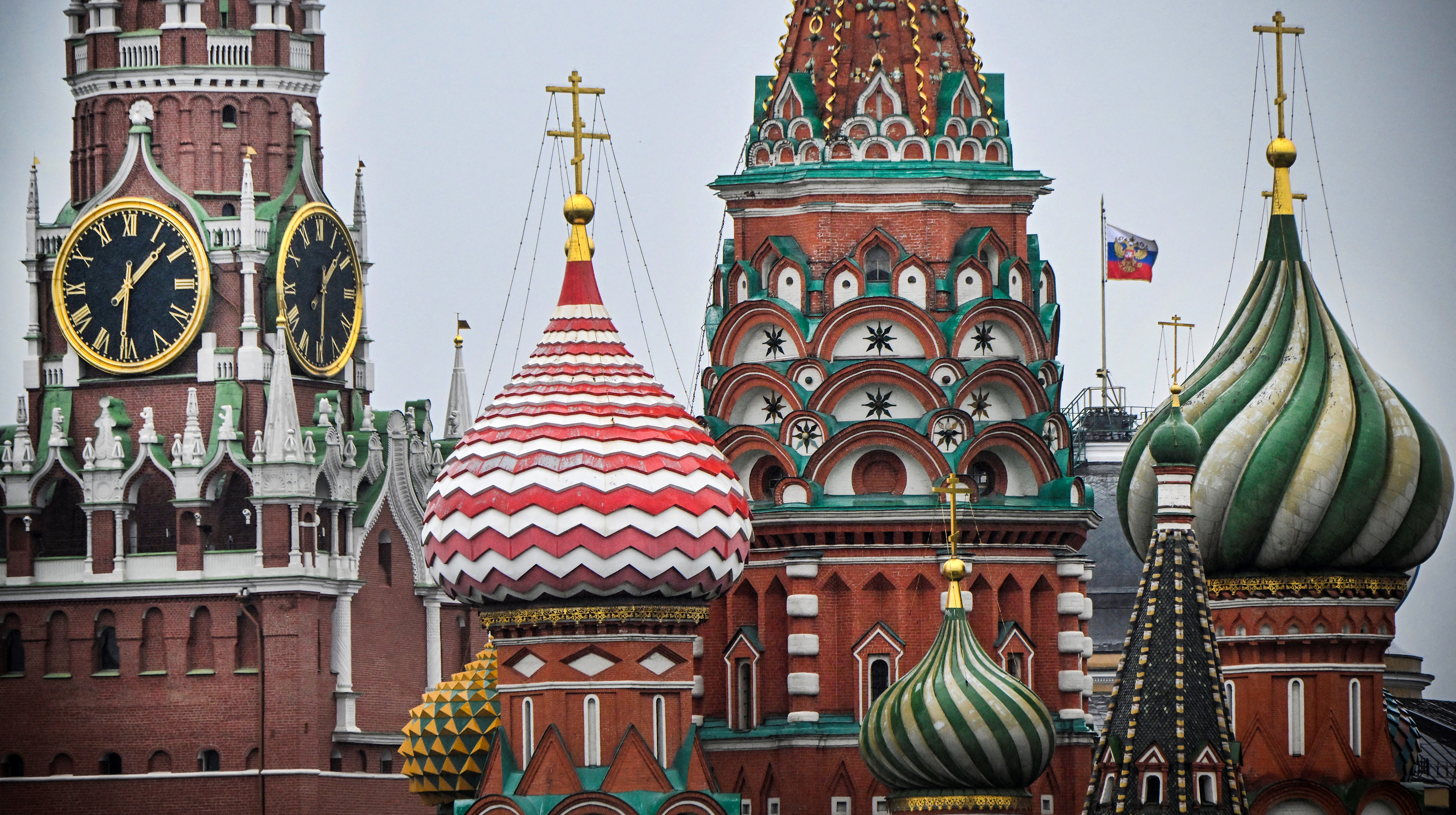“The Kremlin is creating propaganda to shift the blame for rising taxes onto the West and shift responsibility from Putin.”, — write: www.pravda.com.ua
Source: Financial Times
According to the publication, among the participants of at least one meeting was the first deputy head of the administration of the President of Russia Serhiy Kiriyenko. The main topic of discussion was the formation of a propaganda narrative, which should justify the future increase in taxes in the Russian Federation, in particular, VAT rates from 20% to 22% from January 2026.
Advertising:
The VAT increase contradicts Putin’s pledge not to raise taxes until 2030. That is why, according to the sources of the Financial Times, the Kremlin seeks to organize a large-scale propaganda campaign that would minimize the discontent of Russians and shift the responsibility to the West.
During one of the meetings, representatives of the state media were given a set of instructions. The document seen by the FT provides a clear recommendation to explain the increase in taxes by “hostile actions of the West”, which is “not interested in a peaceful settlement of the war in Ukraine”.
Phrases such as “Your money or your life?” and “nothing is more important than safety”. Propagandists are also advised to avoid any mention of Putin in the context of VAT news and to emphasize the “positive” aspects of other changes in the budget, such as the increase in tax on gambling businesses.
The Kremlin calls on the media to avoid turning the budget into the main topic of news, to prepare for a “countermeasure against an informational attack” regarding the increase in VAT, and to focus on the need to increase defense spending for a “peaceful life.”
The recommendations also state that Russian media should widely cover investments in infrastructure – from new schools to hospitals – to create an impression of stability and development.
Separately, it is proposed to form a narrative, as if the West advocates the continuation of the war and the deterioration of the social standards of its own citizens, while Russia, on the contrary, “does not cut support for families”, but only forcibly increases VAT.
Meetings with loyal media in the Kremlin are not unusual, nor are recommendations on how to handle sensitive topics, say FT interlocutors who have attended such meetings for years. But in this case, as one of the participants noted, the meeting was only part of a wider series of discussions.
“They are really concerned about not stirring up the situation,” the interlocutor added.
Literally: “Resorting to such unpopular financial decisions, the adoption of which required a separate propaganda campaign aimed at preventing discontent, shows that the Kremlin’s economic room for maneuver is shrinking.
This is in stark contrast to the early years of the war, when record oil and gas revenues and rapid economic growth allowed Russia to finance its military campaign in Ukraine without noticeable domestic casualties.
Falling oil prices and increased sanctions against Russian raw materials have reduced energy revenues, forcing Moscow to rely on other sources of income.
